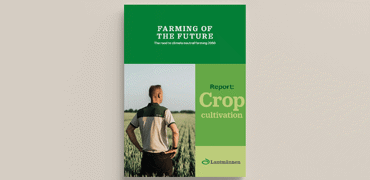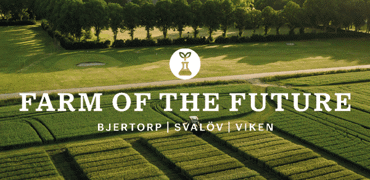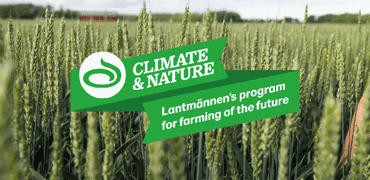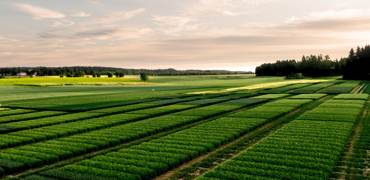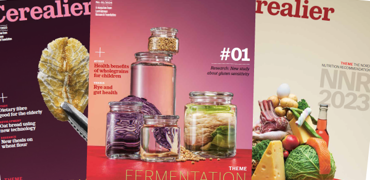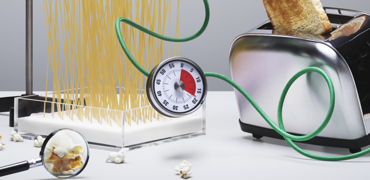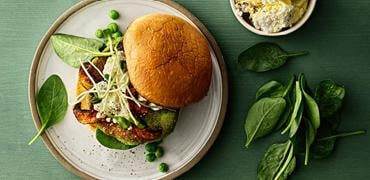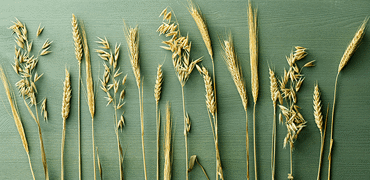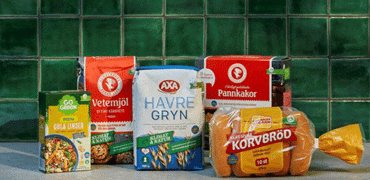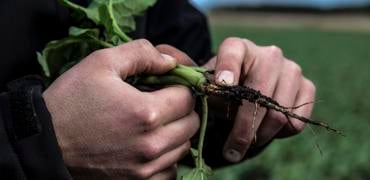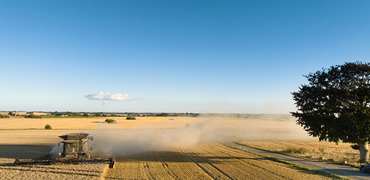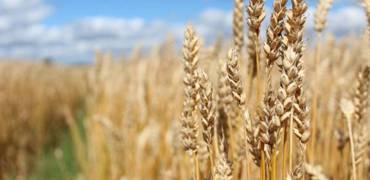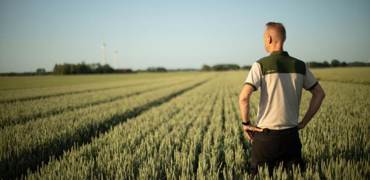Sweden needs to become more self-sufficient when it comes to food and more of what we consume must be produced within the country. In addition, we also need to make better use of the crops that we grow. This is exactly what the project “Improving the quality of rapeseed meal for high value feed and food purposes” is addressing. The project, a partnership between Lantmännen, SLU (the Swedish University of Agricultural Sciences), Lund University and Gunnarshögs gård AB, is looking to develop new types of rapeseed. This will increase the value of the rapeseed and the application areas for rapeseed protein. Rapeseed protein is of very high quality and similar to soy protein, but the residual rapeseed meal, after oil extraction, contains toxic and bitter antinutrients. This makes the otherwise protein rich meal less usable.
“This is an opportunity to make oilseed rape cultivation more profitable. Protein rich rapeseed meal and rapeseed oil will be the two main products. When these rapeseed proteins are available for use in food production and animal feed, this will make for higher quality products and farmers will then be able to obtain higher prices for the rapeseed meal,” says Li-Hua Zhu, Professor of Plant Breeding at SLU and project leader.
Plant breeding central to the project
Existing processing material from the Lantmännen plant breeding department in Svalöv plus chemically induced variations of the undesirable substances will be used. Lantmännen will also perform certain chemical analyses and researchers at Lund University will analyze the protein quality.
“We are going to investigate three substances that are key to the taste and nutritional value of oilseed rape protein. We want to eliminate all the bad properties while at the same time preserving the good qualities,” says Elisabeth Gunnarsson, Plant breeder specialized in oilseed rape at Lantmännen.
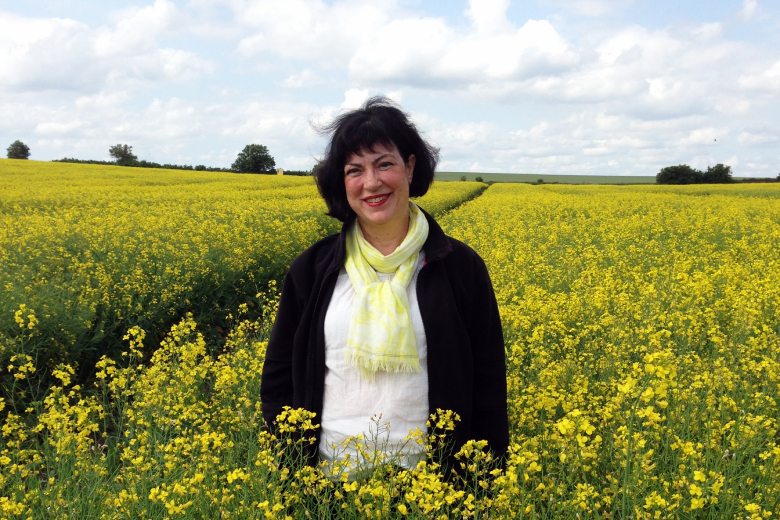
Elisabeth Gunnarsson, Plant breeder specialized in oilseed rape at Lantmännen.
The project is going to develop new biomarkers to speed the breeding process. Genes with an undesired function, that has already been confirmed in other plant types, will be identified and then evaluated using CRISPR, a tool for editing genomes.
“We are starting to select candidate genes that have been proven to influence the levels of antinutrients in other plant types, and confirming that the genes have the function we think they have. At the moment, CRISPR appears to be the quickest and most precise tool to do this,” says Zhu.
Genes with the desired properties are then crossed with good, established oilseed rape types to transfer these properties. The protein in the improved rapeseed lines can then be compared with protein in existing rapeseed types. The goal is to create a base for innovative, new green protein products. As more and more people are adopting a plant based diet, plus a growing desire to replace soy in animal feed means that success would be incredibly beneficial for both humans and animals.






